Let’s get this out of the way first: If you feel like your account isn’t large enough to justify promotional books, it’s time to reconsider. It’s a sad fact that, the larger a social media account, the lower their engagement is. Most publishers realize this and recognize the power of smaller accounts.
Two years after starting my bookstagram account, I still get excited every time a new publisher wants to work with me, but I’ve learned a lot along the way. With that in mind, I’ve made a list of things I wish I had realized when I started accepting promotional books. I wrote this with publishers specifically in mind, but a lot of it can apply to any brands you choose to collaborate with.
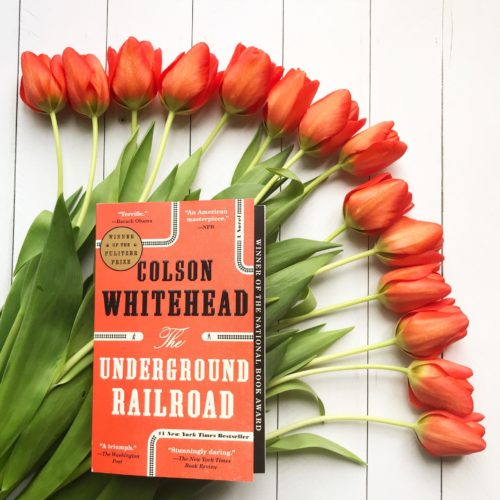
If you want something, ask for it. I used to be scared of reaching out to publishers, but, once I tried it out, I was surprised at how easy it was. As the world has become increasingly aware of bookstagram and its influence, most publishers have created a streamlined system to work with bloggers. I also overcame my fear by realizing that any promotional copies I receive are not “free.” When a publisher sends me a book in exchange for a feature or a review, it’s a business transaction. Don’t make the mistake of thinking publishers are doing you a favor by sending books — it’s a mutually beneficial arrangement and you have every right to request a promotional book since you have a platform to promote it on.
P.S. I’ve had publishers say no to me or just ignore my book requests, but that doesn’t upset me. I just buy the book after all and remind myself I tried my best.
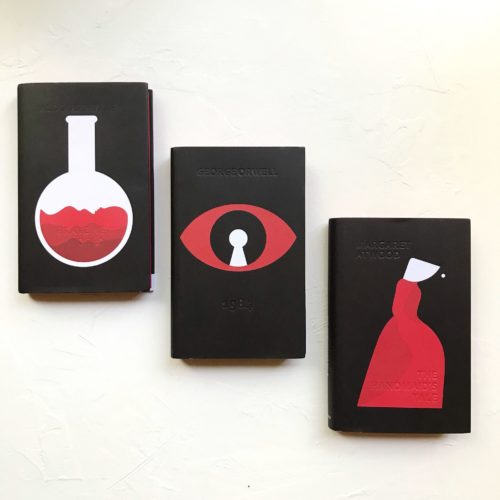
Only say yes to the books you want. If you don’t want to read a book, don’t agree to feature it. It’s as simple as that. I’ve received far more books than I’ve managed to read (yet), but I only accept the books I’m genuinely interested in. I used to feel pressured to say yes to features, and my collection was flooded with books I didn’t actually want to read as a result (If you find yourself in a similar situation—donate, donate, donate!). Now, when a publisher contacts me about a book I don’t want to share with my followers, I just thank them for reaching out and kindly say the book doesn’t align with my interests. They’re usually very gracious about my decline and continue to keep in the loop regarding future releases.
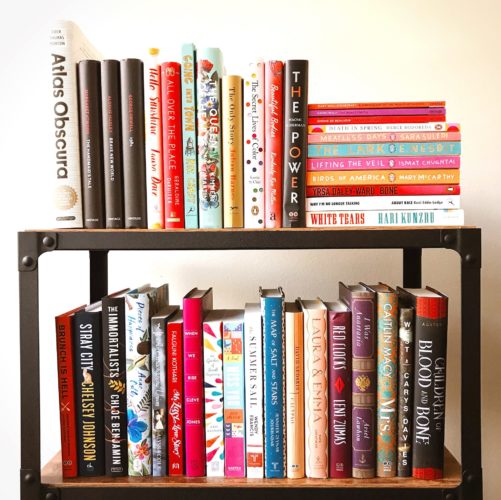
Make the terms clear. Before you accept a promotional copy, make sure know all the details. Are you receiving an ARC (advanced reader copy) or a finished copy? Does the publisher expect a book review or just a feature? Are you posting a photo on your feed or sharing it through your Instagram stories? Ask a lot of questions when you’re working with a publisher for the first time and make yourself very clear. I’ve made the mistake of not disclosing the nature of the post I had planned, and after a lot of confusion (and passive-aggressive emails), I tell every single publisher exactly how I plan to feature their book before I even send my mailing address.
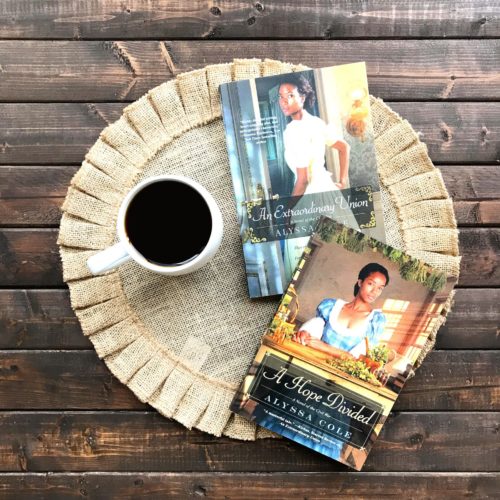
Don’t sign anything without reading it over. This sounds obvious, but alas it must be said. Most publishers understand that negative reviews are inevitable, but some will try to trap you into writing positive reviews. I had one publisher in particular (who must remain nameless) try to force me to sign a contract guaranteeing that I would not say anything negative about the book in question. I refused to sign and they sent the book to me anyway (Hooray for integrity!). Whenever I do sign a contract, I read it through thoroughly and I’m not afraid to ask them to change things I’m uncomfortable with.

Take a great photo. If you want your account to grow, you shouldn’t be posting any ugly photos anyway, but you should take extra care with your promotional photos. If they love your work, they will want to keep collaborating and they may even repost your photo to their account.
ALWAYS disclose that the book was sent free of charge. Even if the publisher does not remind you about this, do it anyway. In the United States, companies can get in a lot of trouble for running influencer-based campaigns without making their partnerships clear. I know several publishers who refuse to work with bookstagrammers again if they don’t properly disclose that the book was free. And honestly, even if you don’t live in a country with such strict guidelines, it’s kind of sketchy to feature a book without letting your followers know you didn’t pay for it. Don’t be sketchy.
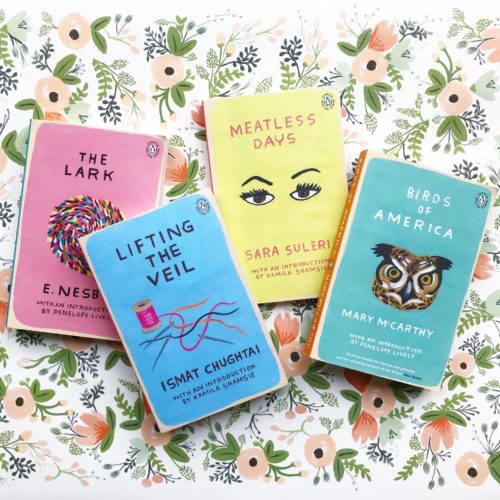
Be respectful. I’m a firm believer that, whether or not a book was sent free of charge, your review should be honest and kind. If you didn’t like a book, say so. Just don’t be rude in the process. It should be common sense that publishers won’t want to continue working with rude bloggers.
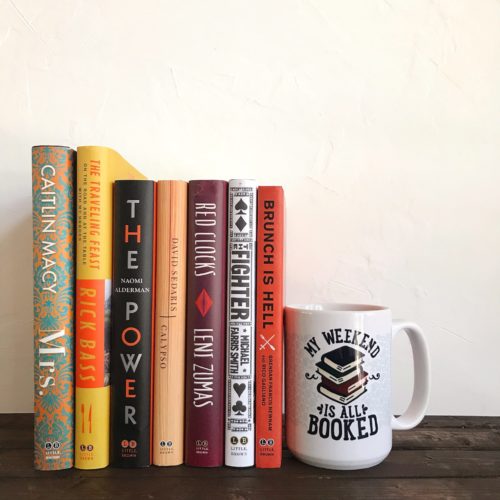
Set boundaries. This is probably the most important point I have to share. It’s the nature of social media to make people feel like you’re available 24/7, but that’s just not true for any of us, and we shouldn’t feel pressured to act that way. I don’t make a habit of replying to business requests over the weekend, and I vastly prefer business emails to DMs. If you feel like a publisher, author or brand you’ve agreed to work with is harassing you in any way or expecting too much from you, kindly let them know. Social media is fun, but it can also be exhausting if you don’t keep self-care in mind.
There you have it, bookstagrammers–be brave, remember you’re worth working with, and chase down those collaborations!

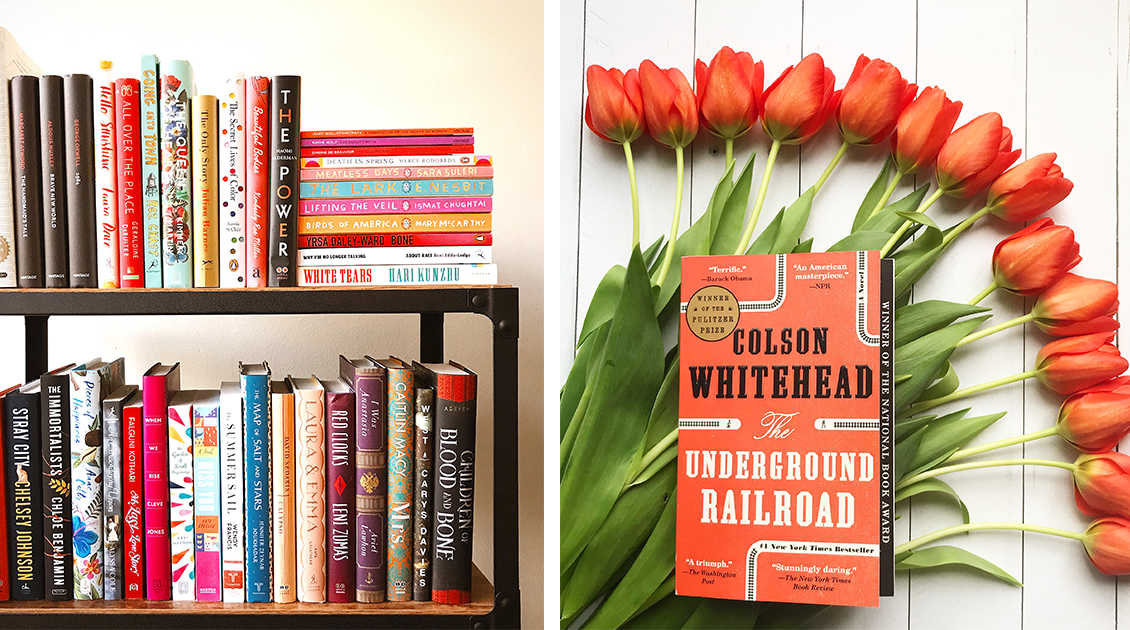








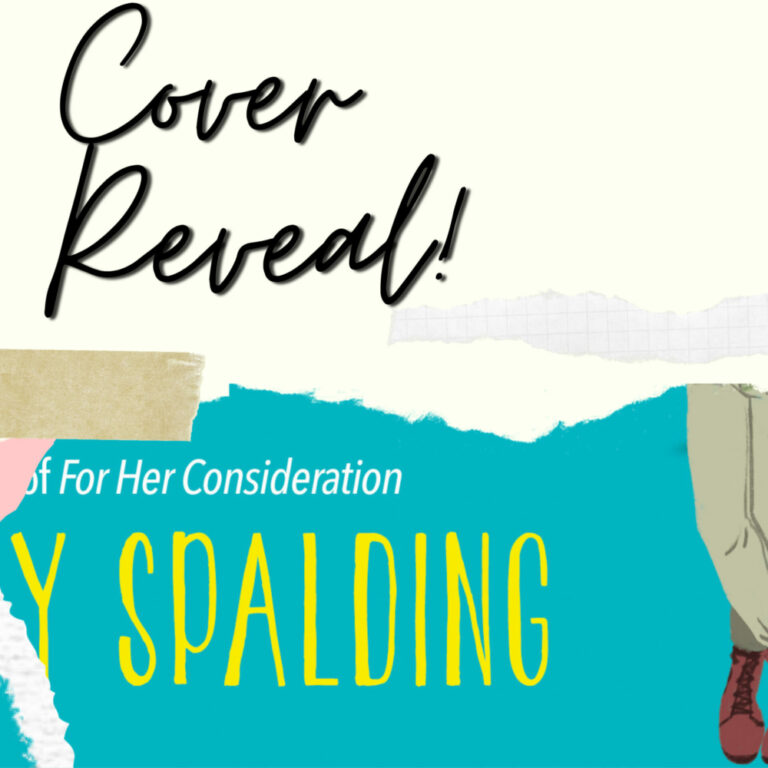


1 thought on “8 Essential Tips To Work Your Way In With Publishers & Build Your Bookstagram”
Hi!! Do they ask for a certain number of followers or other requirements?